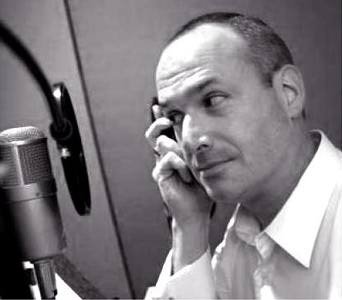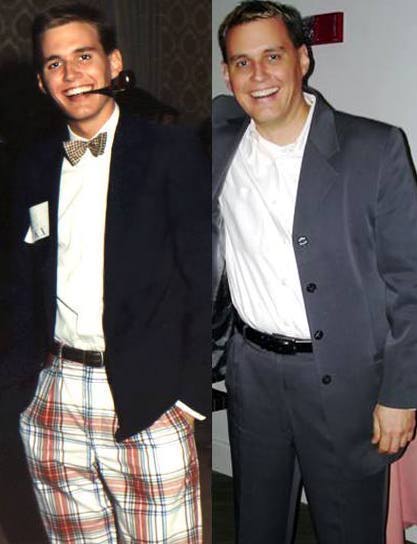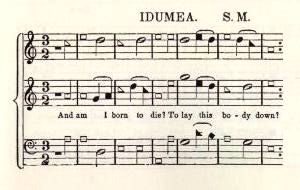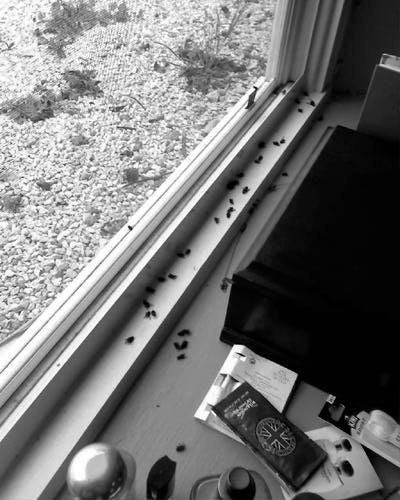Thursday, the Jazz Protagonists will be throwing down at Luna, where it's easy to find an audience that listens and cares. We always wind up turning in a spirited show.
Friday, I'm gigging with Loretta Cormier, she of the warm-brandy voice and emotionally true delivery, doing those wonderful back numbers from the thirties and forties, at the Petroleum Club.
Saturday, I'm gigging in Austin with Ken Slavin, at a place called Three Forks. Ken and I have been aware of each other for some time, but only last year or so did we ever gig together.
We're putting the finishing touches on his new release, "I'll Take Romance," this week. After that it goes to mastering, where a specialist will apply one last coat of polish. It's been several months now, during which Ken has battled throat infections and other crappy stuff, and during which we've put together a product that I'm really proud of. I convinced him to hire me on as producer at the last possible minute, just a few days before tracking started.
His band, consisting of pianist Morris Nelms, bassist Chuck Moses, and drummer Kevin Hess, turned in some fine performances, augmented by jazz luminaries: Henry Brun, the multi-award-winning, multi-album releasing, rock-solid Latin percussion guru; Al Gomez, an incredibly sought-after and sensitive trumpeter; Pierre Poiret, a New Orleans transplant who can actually make sweet molasses come out of a sax and into your ear; and, on two songs, a string section whose atmospherics were so good that our engineer, a young gun (and drummer for the increasingly popular band The Lemurs) named Danny Reisch, got in the studio on his own time and did Dolby Surround Sound 5.1 mixes, for which the result is cinematically spine-chilling.

Now for the lead singer. Ken has a smooth-as-silk voice and an ebullient spirit that comes through in his every performance. Jazz musicians like to gripe about singers, because they seem to spend so much time thinking about the audience and not so much time thinking about the music. But Ken is one of those few (and San Antonio seems to have a disproportionately high number of them, to our great joy) who can do both. Every note means something, and yet he never turns his back on the people he's singing to.
He's put out albums before, but quite frankly I haven't been satisfied. They never seem to capture the essence of those warm-hearted, light-footed performances that make his live show so fun. This time, though, we'll finally hear the real thing. My favorite moments are when he gets a little un-spiffy. The spiff factor is often high in this kind of music these days, so it's nice to hear a little loose-tie-and-five-o'clock-shadow in the voice.
Here are some sneak previews. Remember, they're just sneak previews. We haven't done the final tweaks on them, and they haven't been mastered, so the levels vary from song to song.
You'll immediately recognize "Manhã De Carnaval." Jazzers know it as "Black Orpheus;" Sinatra/Bennett fans know it as "A Day In The Life Of A Fool;" and there are several other sets of lyrics to it, too. Luis Bonfa wrote it for the movie "Black Orpheus," a retelling of the Orpheus myth set in modern Brazil.
As dawn approaches at the beginning of the fateful day, one boy outside Orfeo's place tells the other that the guitarist who lives inside makes the sun rise with his song. But Orfeo is asleep. The tension thickens, until, finally, Orfeo rolls over and grabs his guitar and starts singing this lovely aubade. See? He made the sun rise! It's one of those magical moments in film. (It's worth the price of admission to see what happens at the movie's end, when Orfeo is dead as a new day comes.)
The original lyrics are, then, in Portuguese: what to do with this catchy, haunting, melodic tune that could make it big right at the crest of the bossa-nova craze in America?
The pop solution, I think, was pretty good: throw out the whole thing and write new lyrics, having nothing to do with the movie or the morning. Perry Como sang another popular set of lyrics, which at least try to recapture the themes of the song, but they're pretty corny.
Compare.So, when Ken expressed a desire to do the song, I suggested that there was another set of lyrics out there, one that is a true aubade, as the song was intended to be: a lover's morning song, intimate, moving, suffused with veined humanity. Then I got busy and wrote a poem for my bride.
I didn't want Ken to feel any weirdness or obligation at all, so I didn't tell him I wrote them till after he chose them to sing. So. The album contains a world premiere, and you get to hear it first.
I'll Take Romance
Thoughts Of Your Smile (Manhã De Carnaval)
I Could Have Danced All Night







